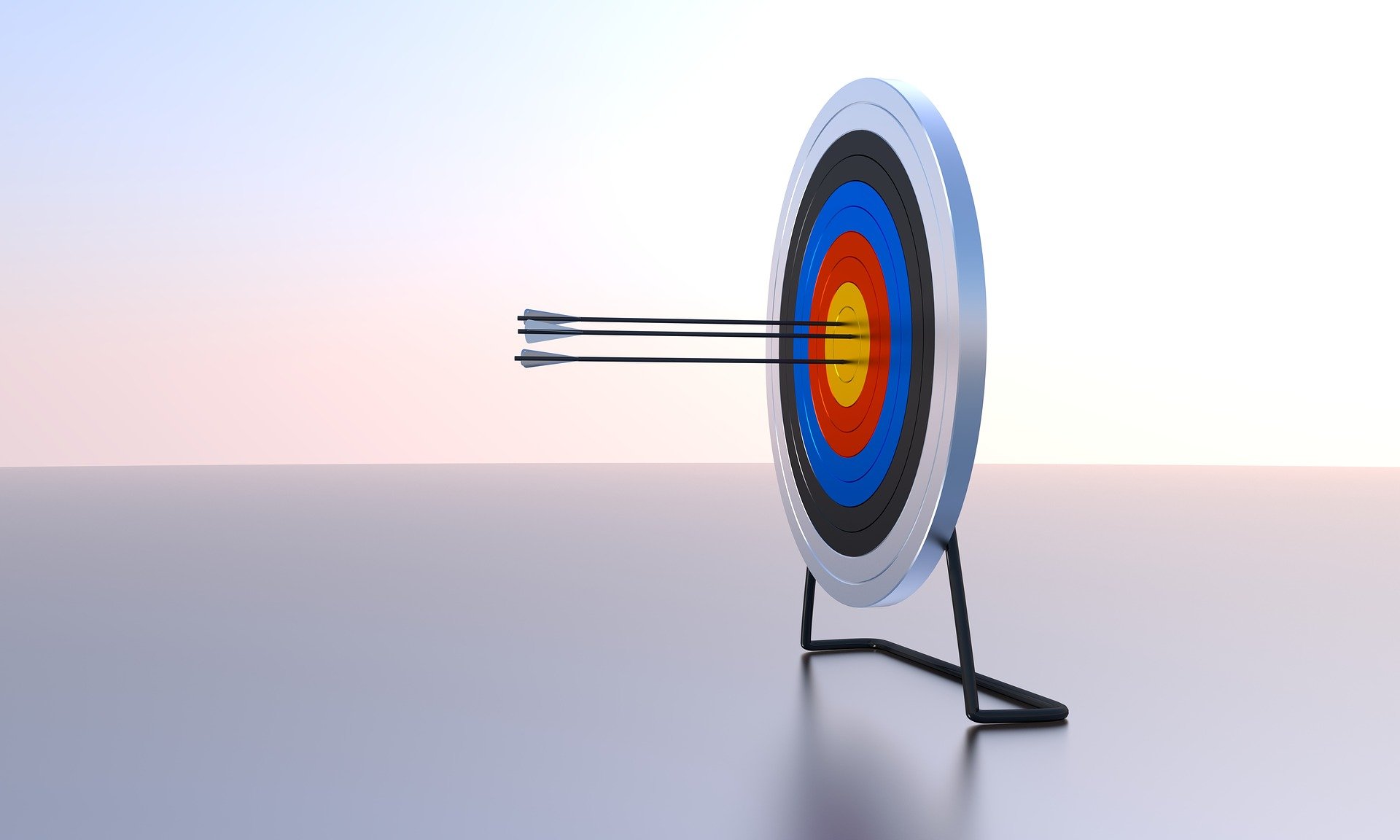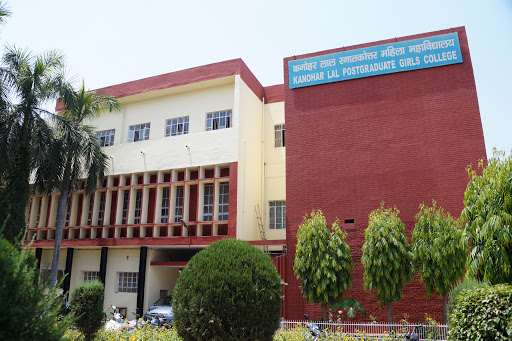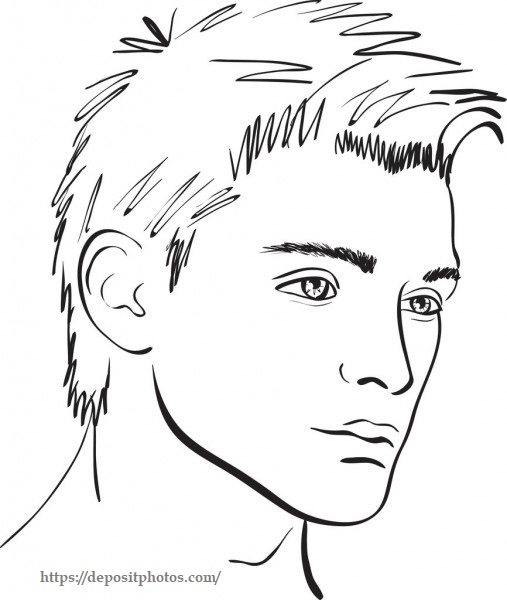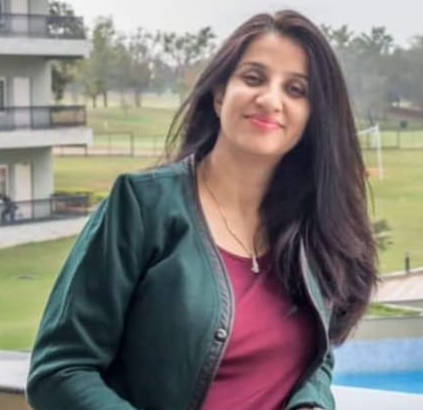SPECIAL EDUCATION
Special education is the practice or education of students who have special needs due to their individual differences & needs. It can also be understood as the education of specially abled children/adults. It requires the use of adapted material and a setting of teaching that is accessible for both the educator and special need person.
The most common issues under special needs are emotional and behavioural (deafness and cerebral palsy), learning disabilities (dysgraphia, dyslexia, auditory processing disorder or nonverbal learning disability) and developmental disabilities (autism and Asperger syndrome). Each student and each disability is different. So, special educators or teachers must teach them accordingly.
All special students must receive a free public education. Schools must support or collaborate with students and parents. Teachers must understand student’s feelings and situations. Many special students do not express their feelings or pain. They are sometimes even more intelligent than the other students, so that is where the bar of difference needs to be broken down.
There are many services and educational programs available for students with special needs. If a student is blind, the teacher would not write on the board. Special educators or teachers know their duty and limitations.
There are some services such as psychological services, speech-language services, occupational therapy, counselling services and physical therapy to help these people in all possible ways.







